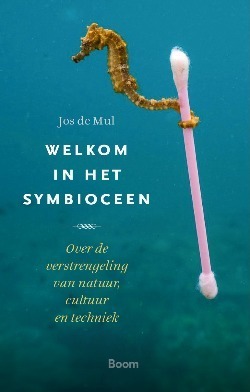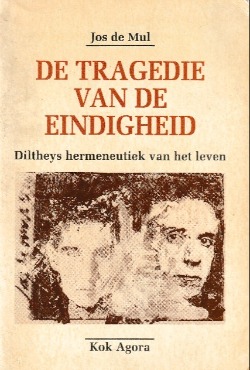Jos de Mul. Athens, or the Fate of Europe. Journal of Philosophical Research. Special supplement: Selected Papers from the XXIII World Congress of Philosophy. 2015: 221–227.
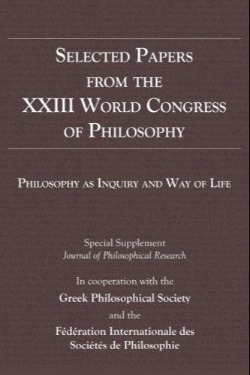 ABSTRACT: In his essay ‘The Idea of Europe’ George Steiner claims that European culture derives from “a primordial duality, the twofold inheritance of Athens and Jerusalem”. For Steiner, the relationship between Greek rationalism and Jewish religion, which is at once conflictual and syncretic, has engaged the entire history of European philosophy, morality, and politics. However, given this definition, at present the United States of America seem to be more European that ‘the old Europe’ itself. Against Steiner, it will be argued that in order to fathom the distinctive characteristic of European culture, we have to take a third European tradition into account, which is inextricably bound up with Athens: the tradition of Greek tragedy. If we may call Europe a tragic continent, it is not only because its history is characterised by an abundance of real political tragedies, but also because it embodies, as an idea and an ideal, a tragic awareness of the fragility of human life. Instead of reducing the ‘idea of Europe’ to a financial and economic issue, Europe should remain faithful to this idea and ideal.
ABSTRACT: In his essay ‘The Idea of Europe’ George Steiner claims that European culture derives from “a primordial duality, the twofold inheritance of Athens and Jerusalem”. For Steiner, the relationship between Greek rationalism and Jewish religion, which is at once conflictual and syncretic, has engaged the entire history of European philosophy, morality, and politics. However, given this definition, at present the United States of America seem to be more European that ‘the old Europe’ itself. Against Steiner, it will be argued that in order to fathom the distinctive characteristic of European culture, we have to take a third European tradition into account, which is inextricably bound up with Athens: the tradition of Greek tragedy. If we may call Europe a tragic continent, it is not only because its history is characterised by an abundance of real political tragedies, but also because it embodies, as an idea and an ideal, a tragic awareness of the fragility of human life. Instead of reducing the ‘idea of Europe’ to a financial and economic issue, Europe should remain faithful to this idea and ideal.
First of all I like to thank the organizers for their invitation to join this symposium on Art and Cultures. As a tribute to the magnificent city of Athens and its inhabitants, I will talk about the relationship between European culture and the art form that is inextricably tied to the city of Athens: Greek tragedy. The thesis I will defend is that European culture distinguishes itself from other world cultures, and in particular from North-American culture, with which it shares both its Christian and its scientific worldview, by its deeply tragic character. This claim, I will argue, is neither a pessimistic nor an optimistic one, because tragedy is beyond this simple dichotomy. If I claim that Europe is a tragic continent, I refer both to its grandeur and pitfalls.
My talk consists of two parts. First, in a critical discussion with George Steiner, I will address the question of the identity of European culture. In the second part I will relate this identity to Greek tragedy.
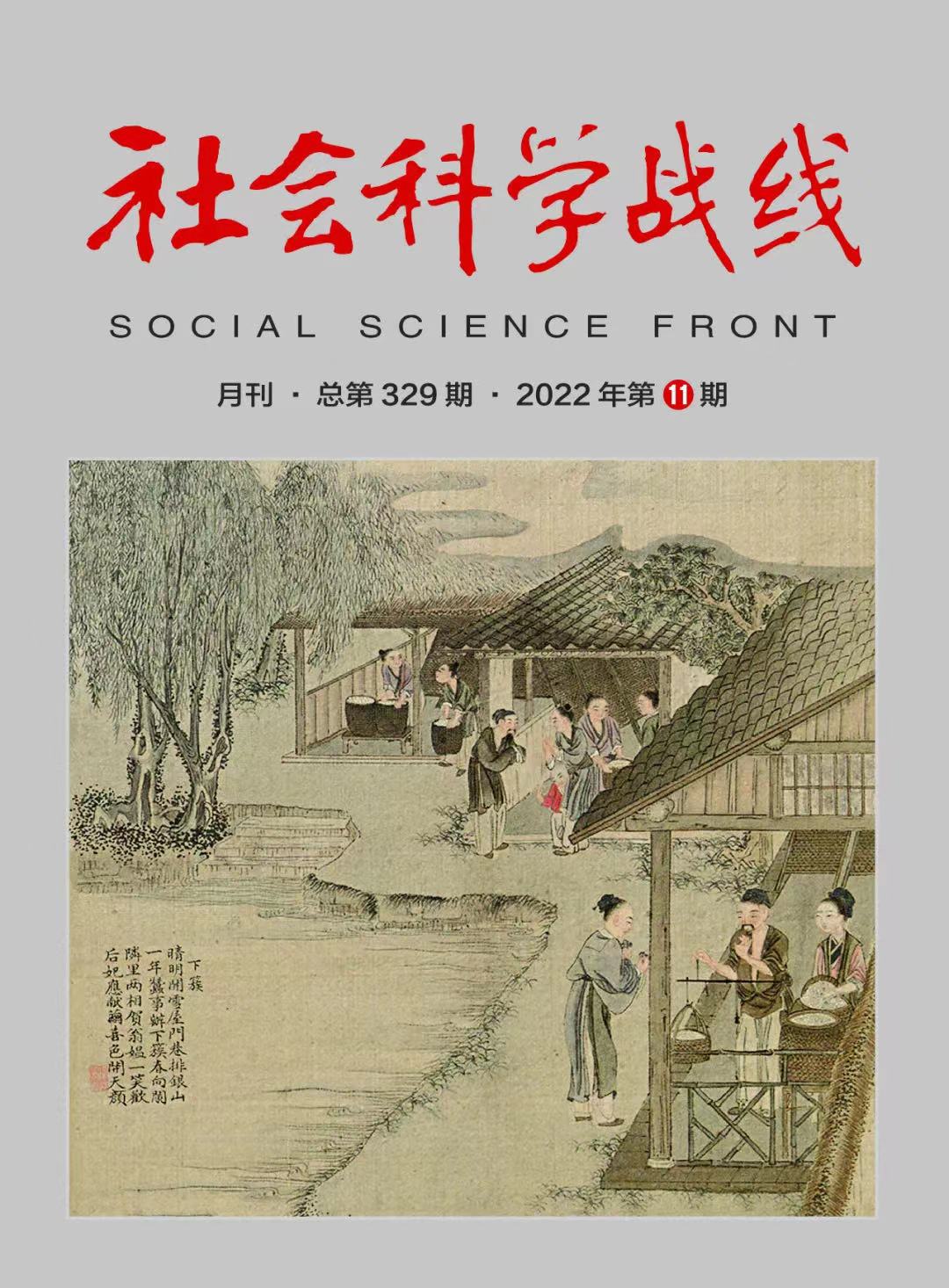 [荷兰]约斯·德·穆尔,鹿特丹伊拉斯谟大学哲学系教授。
[荷兰]约斯·德·穆尔,鹿特丹伊拉斯谟大学哲学系教授。




 Jos de Mul. Uncle Sim Wants You! Playful Warfare.
Jos de Mul. Uncle Sim Wants You! Playful Warfare. 
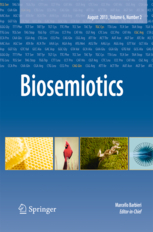 The author argues that the reductionist illusions of the Modern Synthesis, which Noble criticizes in his target article, are to a large extent resulting from a mere syntactical notion of biological information, neglecting the pragmatic and semantic dimension of information. Although the syntactical notion, introduced by Shannon, has been applied with much success in information theory and computer technologies, it is too narrow to understand biological reality. Biosemiotics can help to clarify the problems identified by Noble, and offers a more adequate biological information concept, which not only may help to overcome these problems in the life sciences, but may also serve to integrate natural-scientific and humanities approaches to life.
The author argues that the reductionist illusions of the Modern Synthesis, which Noble criticizes in his target article, are to a large extent resulting from a mere syntactical notion of biological information, neglecting the pragmatic and semantic dimension of information. Although the syntactical notion, introduced by Shannon, has been applied with much success in information theory and computer technologies, it is too narrow to understand biological reality. Biosemiotics can help to clarify the problems identified by Noble, and offers a more adequate biological information concept, which not only may help to overcome these problems in the life sciences, but may also serve to integrate natural-scientific and humanities approaches to life.
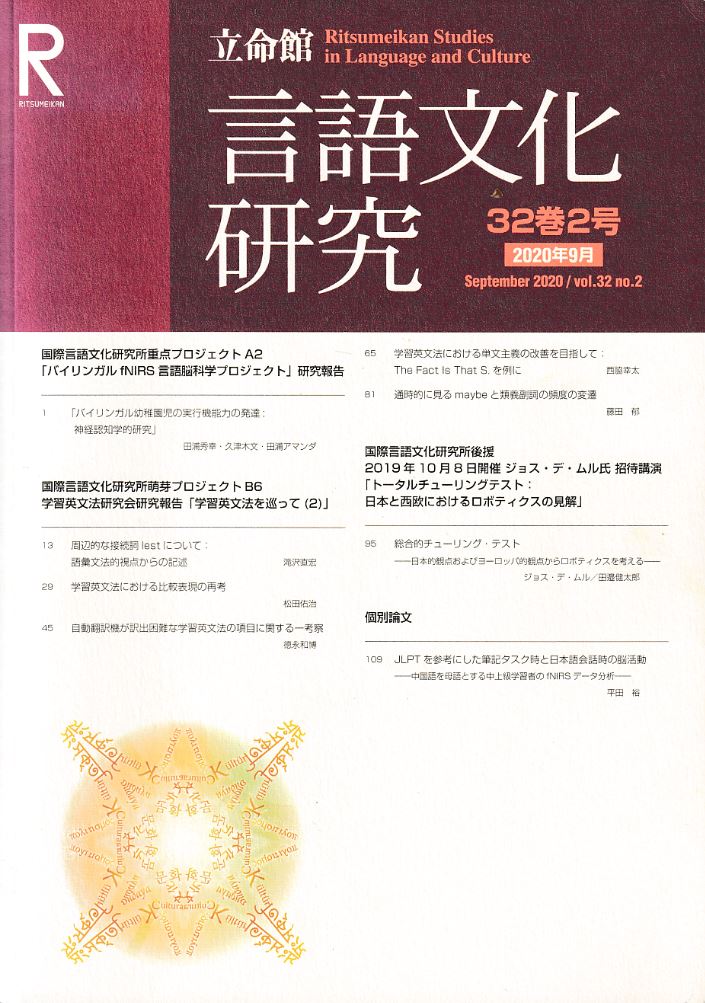 国際言語文化研究所後援
国際言語文化研究所後援
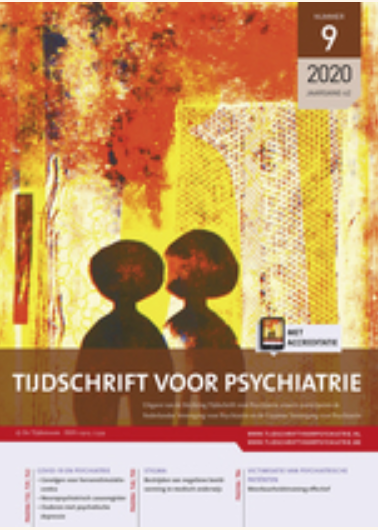

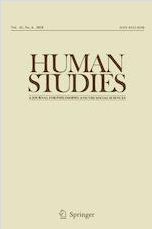
 Background: From an evolutionary perspective it is remarkable that psychotic disorders, mostly occurring during fertile age and decreasing fecundity, maintain in the human population.
Background: From an evolutionary perspective it is remarkable that psychotic disorders, mostly occurring during fertile age and decreasing fecundity, maintain in the human population.
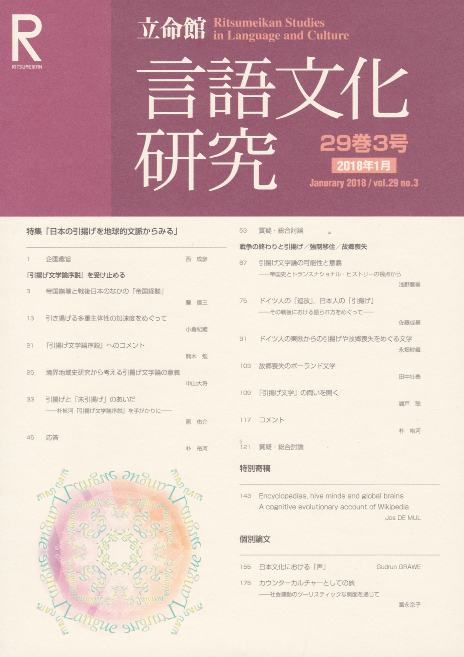 Abstract
Abstract
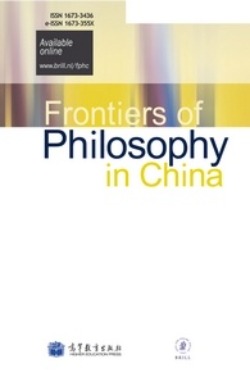 Abstract Against the background of a short meditation on the contrasting ways in which landscape has been represented and idealized in Eastern and Western painting traditions, the article will try to show, using some striking examples, that the development of landscape painting in the last two centuries reflects the changing relationship of humanity and nature, leading in both the East and in the West to either the expression of a nostalgic longing for nature to be back as it once was, or to a gloomy expression of the vanishing of nature amidst the modern, technological world. Connecting to both the concept of “harmony,” which is a key concept in Eastern aesthetics, and to some recent reflections in Western philosophy on the relationship of nature and technology, a post-nostalgic conception of nature and natural beauty is defended, in which nature and technology are no longer seen as opposing categories, but rather as poles that are intertwined in an ever-lasting process of co-evolution. It is argued that we should not so much strive to go “back to nature,” but rather to go “forward to nature” and establish a new harmony between human and non-human nature and technology. The article ends with some reflections on the role artists and aestheticians may play in this transformation.
Abstract Against the background of a short meditation on the contrasting ways in which landscape has been represented and idealized in Eastern and Western painting traditions, the article will try to show, using some striking examples, that the development of landscape painting in the last two centuries reflects the changing relationship of humanity and nature, leading in both the East and in the West to either the expression of a nostalgic longing for nature to be back as it once was, or to a gloomy expression of the vanishing of nature amidst the modern, technological world. Connecting to both the concept of “harmony,” which is a key concept in Eastern aesthetics, and to some recent reflections in Western philosophy on the relationship of nature and technology, a post-nostalgic conception of nature and natural beauty is defended, in which nature and technology are no longer seen as opposing categories, but rather as poles that are intertwined in an ever-lasting process of co-evolution. It is argued that we should not so much strive to go “back to nature,” but rather to go “forward to nature” and establish a new harmony between human and non-human nature and technology. The article ends with some reflections on the role artists and aestheticians may play in this transformation.

 ABSTRACT: In his essay ‘The Idea of Europe’ George Steiner claims that European culture derives from “a primordial duality, the twofold inheritance of Athens and Jerusalem”. For Steiner, the relationship between Greek rationalism and Jewish religion, which is at once conflictual and syncretic, has engaged the entire history of European philosophy, morality, and politics. However, given this definition, at present the United States of America seem to be more European that ‘the old Europe’ itself. Against Steiner, it will be argued that in order to fathom the distinctive characteristic of European culture, we have to take a third European tradition into account, which is inextricably bound up with Athens: the tradition of Greek tragedy. If we may call Europe a tragic continent, it is not only because its history is characterised by an abundance of real political tragedies, but also because it embodies, as an idea and an ideal, a tragic awareness of the fragility of human life. Instead of reducing the ‘idea of Europe’ to a financial and economic issue, Europe should remain faithful to this idea and ideal.
ABSTRACT: In his essay ‘The Idea of Europe’ George Steiner claims that European culture derives from “a primordial duality, the twofold inheritance of Athens and Jerusalem”. For Steiner, the relationship between Greek rationalism and Jewish religion, which is at once conflictual and syncretic, has engaged the entire history of European philosophy, morality, and politics. However, given this definition, at present the United States of America seem to be more European that ‘the old Europe’ itself. Against Steiner, it will be argued that in order to fathom the distinctive characteristic of European culture, we have to take a third European tradition into account, which is inextricably bound up with Athens: the tradition of Greek tragedy. If we may call Europe a tragic continent, it is not only because its history is characterised by an abundance of real political tragedies, but also because it embodies, as an idea and an ideal, a tragic awareness of the fragility of human life. Instead of reducing the ‘idea of Europe’ to a financial and economic issue, Europe should remain faithful to this idea and ideal.
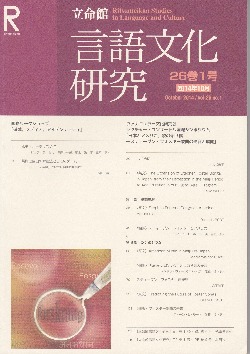
 Vanaf de derde druk verschijnt
Vanaf de derde druk verschijnt 